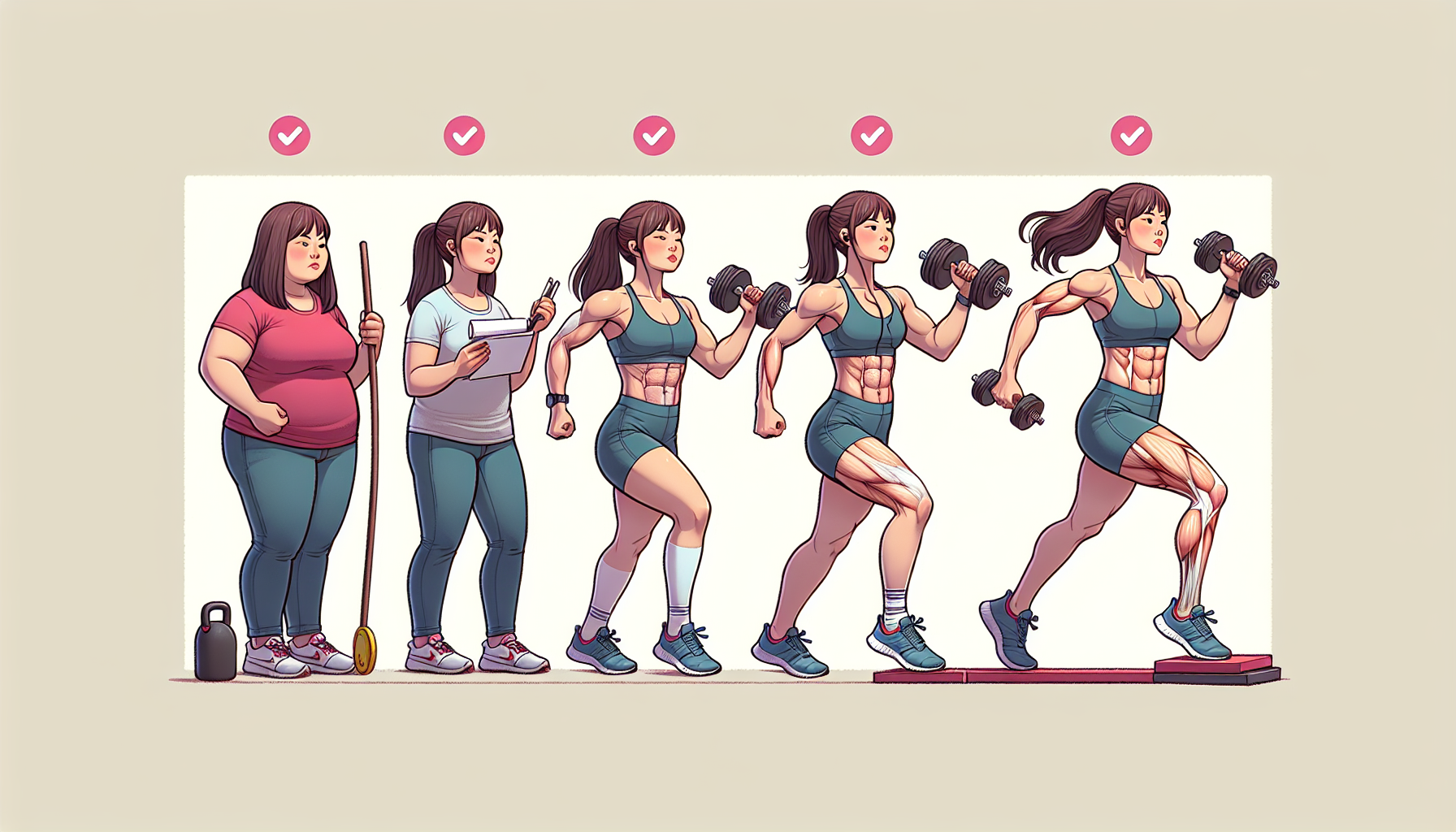Sudoku as a Mindfulness Practice: Enhancing Focus and Reducing Stress

Mindfulness is the practice of being present and fully engaged in the moment without judgment. Engaging in activities that promote mindfulness can significantly lower stress levels, enhance emotional regulation, and improve concentration. Sudoku, with its structured yet challenging format, provides an excellent canvas for practicing mindfulness. When you sit down with a Sudoku puzzle, the need for intense focus on the numbers in the grid draws you away from distractions. This immersion allows you to escape the chaos of daily life, fostering a meditative state akin to traditional meditation practices. The repetitive nature of number placement and the logical thinking required can induce a state of flow, where time seems to stand still and your mind is fully absorbed in the task at hand.
Enhancing Cognitive Function
Solving Sudoku is not merely about filling in numbers; it involves critical thinking, pattern recognition, and strategic planning. Regular engagement with Sudoku puzzles can sharpen cognitive skills, including problem-solving abilities and memory retention. Research has shown that activities that challenge the brain can enhance overall cognitive function and may even reduce the risk of cognitive decline as we age. By focusing on the puzzle, players enhance their ability to concentrate, a fundamental aspect of mindfulness. The process of identifying where numbers belong requires sustained attention and logical reasoning. These skills not only improve your Sudoku performance but also translate into heightened focus in other areas of life, be it professional tasks or personal projects.
Tips for Using Sudoku as a Mindfulness Practice
To maximize the mindfulness benefits of Sudoku, consider the following tips: 1. **Create a Calm Environment**: Choose a quiet space free from distractions to concentrate fully. A serene atmosphere enhances your ability to engage with the puzzle deeply. 2. **Set a Time Limit**: While Sudoku can be enjoyed leisurely, setting a time limit can help you remain present. Rather than racing against the clock, allow yourself to engage with the puzzle without pressure. 3. **Breathe and Reflect**: Before starting, take a few deep breaths to center yourself. If you encounter stress or frustration during the puzzle, pause and breathe deeply to regain your focus and calm your mind. 4. **Start Simple**: For those new to Sudoku, beginning with easier puzzles can build confidence and allow you to experience the joy of solving without feeling overwhelmed. 5. **Embrace Mistakes**: Approach Sudoku with a mindset free of judgment. Accepting mistakes as part of the learning process can foster a more mindful attitude and help reduce anxiety.
Sudoku is more than just a pastime; it can be a valuable tool for enhancing mindfulness and cognitive function. Engaging with this number puzzle allows individuals to cultivate a state of focus that helps reduce stress and improve mental clarity. As you embark on your Sudoku journey, remember to be present, enjoy the process, and let the puzzle guide you into a state of mindfulness. Whether you are a seasoned Sudoku solver or a curious beginner, incorporating this practice into your daily routine can lead to a more balanced and mindful life. So grab a pencil, find a puzzle, and immerse yourself in the world of numbers, one square at a time.
Mental Health Counselor
Mental health clinics, private practices, educational institutions, community health organizations
Core Responsibilities
Provide one-on-one and group counseling sessions to help individuals manage stress and improve mental well-being.
Develop personalized treatment plans that incorporate mindfulness techniques, including activities like Sudoku, to enhance cognitive function.
Required Skills
Strong communication and interpersonal skills to establish rapport with clients.
A Master's degree in Counseling, Psychology, or a related field; certification or licensure is often required.
Cognitive Behavioral Therapist (CBT)
Hospitals, private practices, rehabilitation centers, outpatient clinics
Core Responsibilities
Utilize CBT techniques to help clients identify and change negative thought patterns that affect their mental health.
Integrate mindfulness practices, such as Sudoku, into therapy sessions to promote focus and reduce anxiety.
Required Skills
Proficiency in psychological assessment and treatment planning; familiarity with mindfulness-based interventions.
A Master's or Doctoral degree in Psychology or a related field; licensed to practice therapy.
Recreational Therapist
Rehabilitation facilities, long-term care facilities, community recreation centers
Core Responsibilities
Design and implement therapeutic recreation programs that promote mental and physical well-being through engaging activities, including puzzles and games like Sudoku.
Assess clients’ needs and interests to tailor activities that enhance their cognitive functions and mindfulness.
Required Skills
Knowledge of recreational therapy principles and practices; ability to work with diverse populations.
A Bachelor’s degree in Recreational Therapy or a related field; certification as a Therapeutic Recreation Specialist is often preferred.
Mindfulness Coach
Wellness centers, corporate wellness programs, private coaching practices
Core Responsibilities
Guide individuals and groups in mindfulness practices to improve focus, reduce stress, and enhance overall mental well-being.
Create and facilitate workshops that include activities like Sudoku as tools for mindfulness and cognitive engagement.
Required Skills
Extensive knowledge of mindfulness techniques; ability to tailor approaches to individual needs.
Certification in mindfulness training or relevant coaching experience; a background in psychology or wellness is advantageous.
Educational Therapist
Schools, tutoring centers, private educational practices
Core Responsibilities
Work with students experiencing learning difficulties by employing tailored educational strategies, including games and puzzles to boost cognitive skills and focus.
Collaborate with teachers and parents to develop individualized education plans that may incorporate mindfulness exercises like Sudoku.
Required Skills
Understanding of learning disabilities and educational strategies for cognitive improvement.
A degree in Educational Psychology or a related field; relevant certifications in special education or educational therapy can be beneficial.


